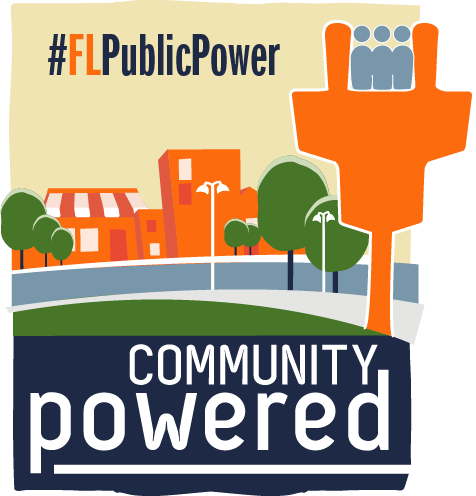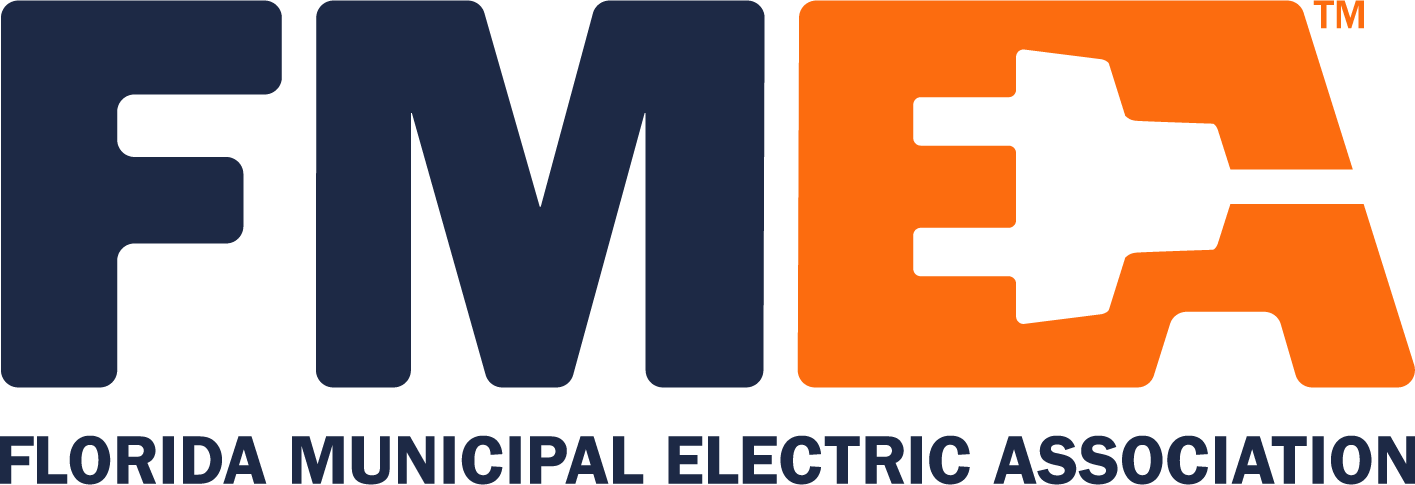Public Counsel Vows to Fight FPL Deal
 Article reposted with permission from The News Service of Florida.
Article reposted with permission from The News Service of Florida.
The state Office of Public Counsel, which is designated by law to represent consumers, opposed a newly proposed Florida Power & Light rate settlement Thursday, saying it would increase FPL’s revenues by an “unconscionable” amount. The Office of Public Counsel took the stance after FPL and numerous groups and businesses filed the proposed settlement Wednesday at the Florida Public Service Commission. The proposed settlement, which the commission will consider this fall, scaled back increases FPL had sought in a base-rate proposal filed in February. But in a two-page letter Thursday, Public Counsel Walt Trierweiler described the groups and businesses that agreed to the settlement as a “minority coalition of very large customers” and said the “majority of FPL’s customers will see significantly increased” bills. “At hearing, OPC (the Office of Public Counsel) will demonstrate that not only are the proposed increases unfair, unjust, unreasonable and not in the public interest, but that the rates resulting from FPL’s minority settlement proposal would be in violation of several bedrock regulatory principles,” the letter said. The proposed four-year settlement would lead to increases of $945 million in 2026 and $766 million in 2027, according to FPL. The utility also would collect additional amounts in 2028 and 2029 for solar-energy and battery-storage projects. In a statement Wednesday, FPL President and CEO Armando Pimentel described the proposal as “a win for all FPL customers and a win for Florida. It supports our ongoing commitment to meet the resiliency and reliability needs of our fast-growing state, while keeping customer bills well below the national average.” But the Office of Public Counsel letter Thursday said the proposal, cumulatively, would increase FPL revenues by $6.753 billion through 2029. “This is unconscionable,” the letter said. “The self-interested ‘settling parties’ that crafted FPL’s minority proposal do not represent the vast majority of FPL’s customers and cannot make them pay excessive rates for the majority of FPL’s energy sales.”
 Enter your email address in the
Enter your email address in the 